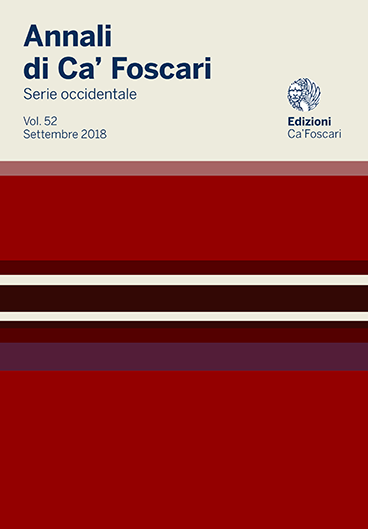
- search 334 views
- file_download 37 download
- keyboard_capslock metadata
-
mark_email_readIscriviti alla newsletter
Mood Alternations in Old High German Subordinate Clauses
abstract
In this paper, Old High German mood alternations in the different types of subordinate clauses (complement, adverbial and relative clauses) are discussed. The use of the subjunctive in subordinate clauses is notoriously more frequent than in Modern German and has not yet been thoroughly investigated. Based on a comprehensive corpus study, the paper will show that the licensing conditions for the subjunctive in Old High German are determined by notions such as veridicality and – in relative contexts – specificity. These conditions are thus similar (but not always identical) to those observed for Modern Greek and Romance languages. Furthermore, a syntactic analysis is provided in order to account for the licensing of the subjunctive in each type of subordinate clause.
Keywords: Mood alternation • Complement clause • Adverbial clause • Old High German • Relative clause • Veridicality • Corpus study • Specificity • Subjunctive • Indicative • Subordinate clause



